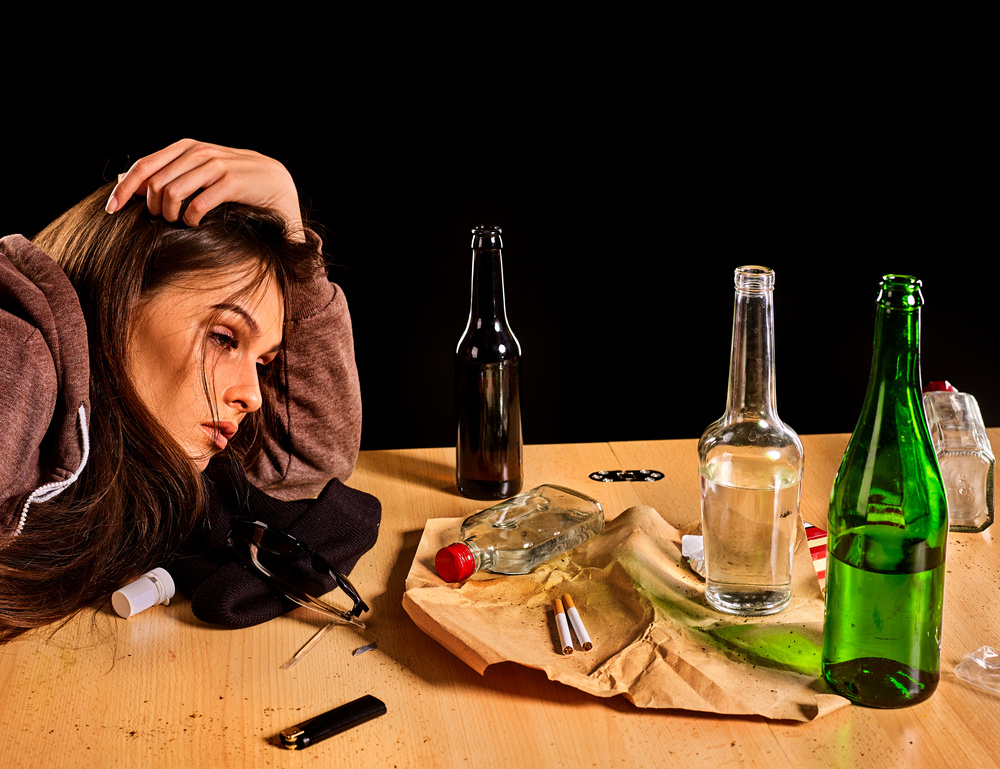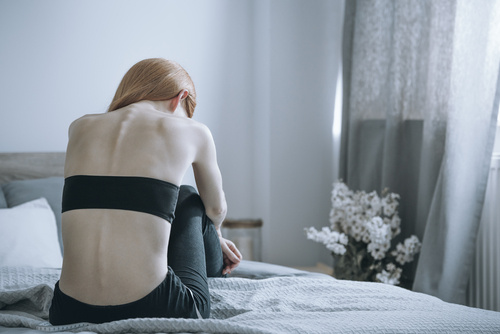The Benefits of Horticultural Therapy in Addiction Recovery
Addiction, or substance use disorder (SUD), is listed in the Diagnostic and Statistical Manual of Mental Disorders, Fifth Edition (DSM-5) as a chronic, relapsing brain disorder. The Mayo Clinic explains addiction as a disease “that affects a person’s brain and behavior and leads to an inability to control the use of a legal or illegal drug or medication” without regard for consequence. If left untreated, addiction can cause severe short- and long-term physiological effects. There is a plethora of different kinds of substance abuse and/ or addiction treatment options available. The path of recovery from substance abuse and/ or addiction is entirely personal, and it will be directly informed by one’s personality, mental health, and emotional needs.
Horticultural Therapy
Horticultural therapy (sometimes referred to as garden therapy or social and rehabilitative horticulture) is a client-centered therapeutic treatment approach that utilizes gardening and plant-related activities to promote physical, emotional, and psychological well-being. The Rutgers School of Environmental and Biological Studies states, “An increasingly large body of research attests to the unique values of horticulture as a therapeutic modality for people with physical, mental, emotional, and social disabilities, as plants are non-discriminating and non-threatening, and anyone can be successful utilizing this medium.” In the context of addiction recovery, horticultural therapy can offer several benefits:
- Cognitive advantages: Research confirms that exposure to natural environments improves working memory, cognitive flexibility, and attentional control.
- Improves mental health: Horticulture therapy has been shown to reduce symptoms of anxiety and depression. A study conducted in 2007 identified a bacteria that is found in soil is linked with increased serotonin production in the brain, which suggests that gardening could increase serotonin levels and decrease depression. One Japanese study found that viewing plants altered EEG recordings and reduced feelings of stress, fear, anger and sadness. It also had related physical effects, reducing blood pressure, pulse rate and muscle tension.
- Enhances self-esteem and increases motivation: The tangible outcomes of gardening activities provide a sense of achievement, which can positively impact self-perception. Results from an observational study found that participation in horticultural activities led to improvements in self-efficacy and motivation to learn.
- Promotes social connection: Participating in group horticultural therapy fosters a sense of community, reducing feelings of isolation, which are common among individuals in recovery.
Horticulture therapy is a valuable complimentary approach when used in conjunction with traditional methods of addiction treatment, as it is associated with increases in happiness, subjective well-being, positive affect, positive social interactions, as well as decreases in mental distress. It provides those in recovery with a holistic approach to healing, addressing not only the physical aspects of addiction but also the emotional, social, and psychological components, which can greatly inform treatment outcome.
For Information and Support Substance abuse and addiction can be incredibly dangerous and can result in severe short and long-term consequences. If you or someone you know is suffering from substance abuse or addiction, please get help as soon as possible. The earlier you seek support, the sooner you and your loved ones can return to leading happy, healthy, and fulfilling lives. There is no reason to go through this alone, and we are here to help. Please feel free to reach out to us for further information or with any questions regarding substance abuse or addiction. We are available anytime via telephone at: 213-389-9964, or you can always email us at: info@friendlyhousela.org



